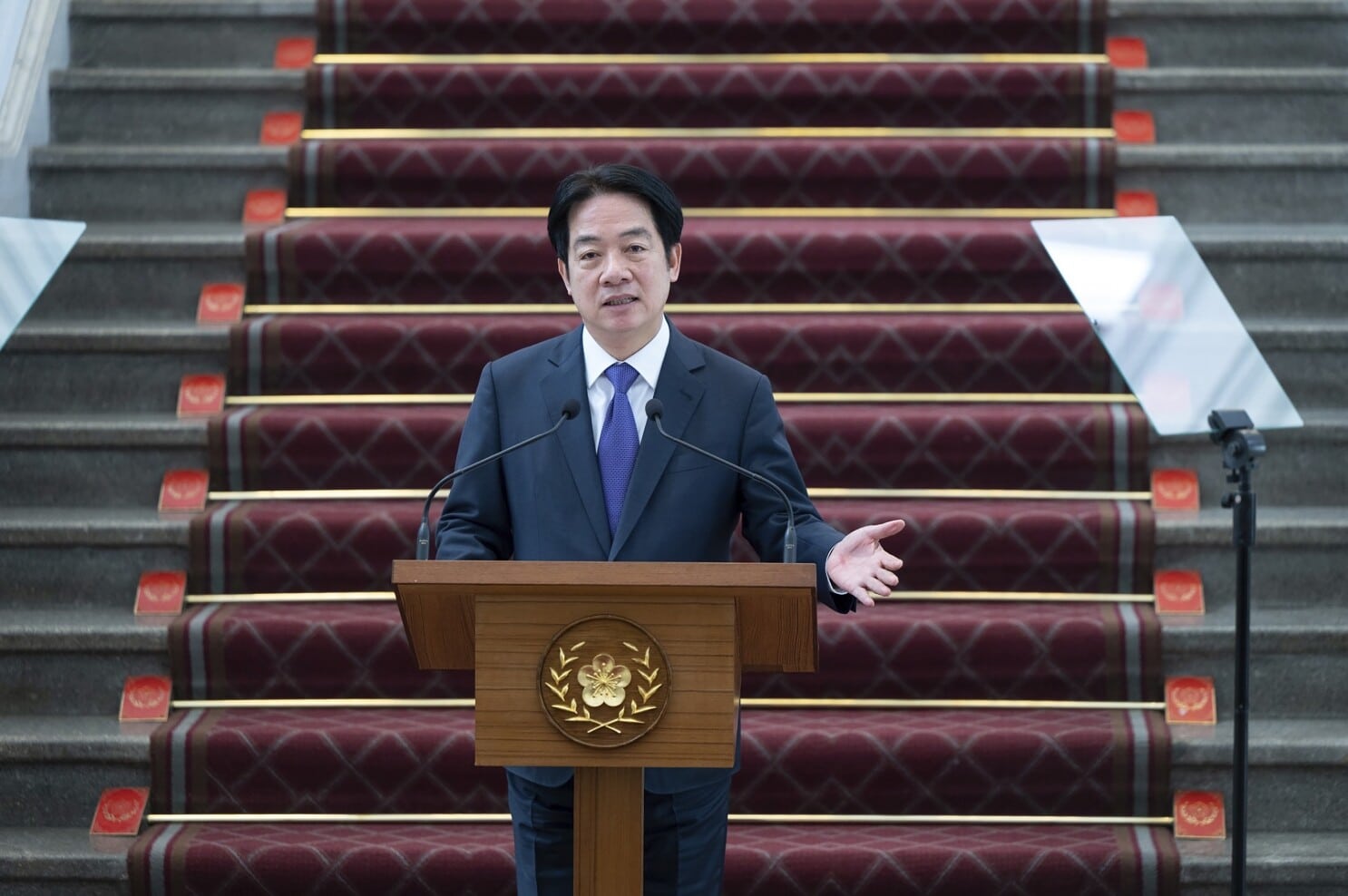Taiwan Sentences Former Presidential Aide for Espionage on Behalf of China

A Taiwanese court has convicted four former aides of the ruling Democratic Progressive Party (DPP) for espionage, with sentences ranging from four to ten years. Among the convicted is Huang Chu-jung, a former assistant to a Taipei councillor, who received the longest sentence of ten years. The court found that the group leaked state secrets to China over an extended period, exacerbating Taiwan’s already challenging diplomatic situation. This ruling highlights the ongoing tensions between Taiwan and China, as allegations of espionage continue to rise.
Details of the Conviction
The court’s ruling revealed that the espionage activities were extensive and involved the sharing of critical diplomatic intelligence. Huang Chu-jung, who was sentenced to ten years, was found to have directed a foreign office staff member to gather sensitive information from then Foreign Minister Joseph Wu, who is now Taiwan’s national security chief. Huang used this information to create reports that were sent to Chinese Communist Party intelligence via encrypted software. The foreign office staffer, Ho Jen-chieh, received a sentence of eight years and two months for his role in the espionage activities.
The court also noted that Huang collaborated with another former DPP staffer, Chiu Shih-yuan, to collect additional information. Chiu was found to have sourced intelligence from Wu Shangyu, an aide to current President Lai Ching-te. Wu was accused of leaking details about Lai’s travel itineraries, further compromising Taiwan’s security. The court indicated that Huang received nearly NT$5 million (approximately $163,172) from the Chinese government, while Chiu was paid over NT$2 million for their espionage efforts.
Escalating Espionage Concerns
This case is part of a broader trend of increasing espionage convictions in Taiwan, as the government intensifies its efforts to identify and prosecute alleged Chinese spies. In 2024 alone, Taiwan’s National Security Bureau reported that 64 individuals were prosecuted for spying for China, a significant rise compared to previous years. From 2013 to 2019, only 44 espionage cases were registered by Taiwan’s Ministry of Justice.
The rise in espionage cases has raised alarms about national security, particularly as high-ranking officials have also faced allegations. For instance, a former air force colonel was sentenced to 20 years in prison in 2023 for operating a military spy ring for China. These developments reflect the growing concerns within Taiwan regarding Chinese influence and the potential risks posed by espionage activities.
Political Implications and Tensions
The espionage convictions have intensified the already polarized political landscape in Taiwan. The ruling DPP, which is more vocal against China and advocates for independence, faces criticism from the opposition Kuomintang (KMT) party. The KMT has historically maintained a friendlier stance towards China and promotes dialogue between the two sides. The DPP accuses the KMT of being a vehicle for Beijing’s influence, while critics of President Lai Ching-te argue that he is using the espionage issue to suppress opposition voices under the pretext of targeting “pro-China” sympathizers.
As tensions between Taiwan and China continue to escalate, President Lai has frequently condemned China as a threat to Taiwan, labeling it a “foreign hostile force.” In response, Beijing has criticized Lai, branding him a “destroyer of cross-strait peace.” This ongoing conflict is marked by China’s persistent claims over Taiwan and its military maneuvers that test Taiwan’s defenses, further complicating the already strained relationship.
Future Outlook
The recent convictions serve as a stark reminder of the delicate balance Taiwan must maintain in its relationship with China. As the DPP government continues to confront espionage threats, the political ramifications of these cases will likely shape Taiwan’s domestic and foreign policies. The increasing number of espionage cases underscores the urgency for Taiwan to bolster its national security measures and address the challenges posed by Chinese influence. As both sides remain entrenched in their positions, the future of Taiwan’s sovereignty and security remains uncertain amid ongoing geopolitical tensions.
Observer Voice is the one stop site for National, International news, Sports, Editor’s Choice, Art/culture contents, Quotes and much more. We also cover historical contents. Historical contents includes World History, Indian History, and what happened today. The website also covers Entertainment across the India and World.

